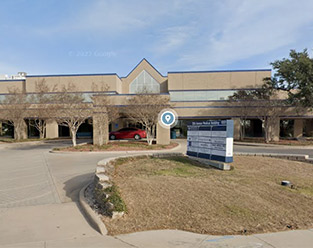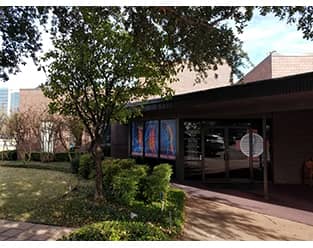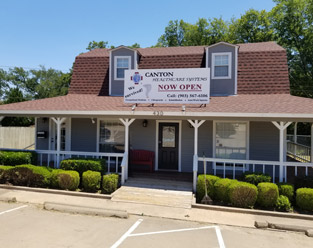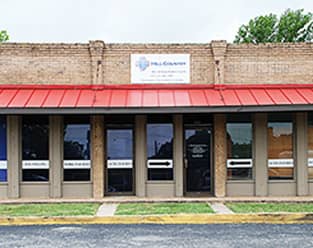The Consequences of PTH | How It Is Commonly Treated
 In the aftermath of a traumatic brain injury, it’s common to develop scarring or infection in your brain. One of the side effects of that scarring or infection is interference with the normal flow of cerebrospinal fluid (CSF), which can lead to an excess of CSF in your brain, commonly referred to as post-traumatic hydrocephalus (PTH, or what many people call “water on the brain”). The potential side effects of PTH can be extensive, affecting both your motor and cognitive skills. The excessive fluid retention can lead to difficulties walking, incontinence, weakness in limbs, memory loss, and a range of emotional challenges. Studies also indicate that, if left untreated, post-traumatic hydrocephalus is a progressive condition, which can ultimately make a sufferer wheelchair-bound.
In the aftermath of a traumatic brain injury, it’s common to develop scarring or infection in your brain. One of the side effects of that scarring or infection is interference with the normal flow of cerebrospinal fluid (CSF), which can lead to an excess of CSF in your brain, commonly referred to as post-traumatic hydrocephalus (PTH, or what many people call “water on the brain”). The potential side effects of PTH can be extensive, affecting both your motor and cognitive skills. The excessive fluid retention can lead to difficulties walking, incontinence, weakness in limbs, memory loss, and a range of emotional challenges. Studies also indicate that, if left untreated, post-traumatic hydrocephalus is a progressive condition, which can ultimately make a sufferer wheelchair-bound.
What Is the Accepted Treatment for Post-Traumatic Hydrocephalus?
For more than a century, there have been pharmaceutical products that showed some success in minimizing or controlling the effects of PTH. Those products, though, are generally for short-term alleviation of symptoms. The preferred long-term solution involves the surgical implant of a shunt, a hollow tube that drains cerebrospinal fluid from the brain to another location in the body (typically the peritoneal cavity in the upper abdomen). The shunt, located behind the ear, commonly sits outside the skull but under the skin. It is commonly implanted on the right side of the brain, in order to minimize the risk of injury to the language centers on the left side of the brain. One study found that more than 70% of patients with PTH showed improvement after the implantation of a shunt. Though some studies found better outcomes for younger patients, others found no meaningful difference in outcomes based on age.
Contact Us to Set Up an Appointment
At Advantage Healthcare Systems, we have extensive experience working successfully with individuals who suffer any type of concussion or traumatic brain injury. Call us toll-free at 1-877-487-8289 or fill out the form provided below to schedule an assessment. We offer locations across Texas, including Fort Worth, Dallas, and San Antonio.





